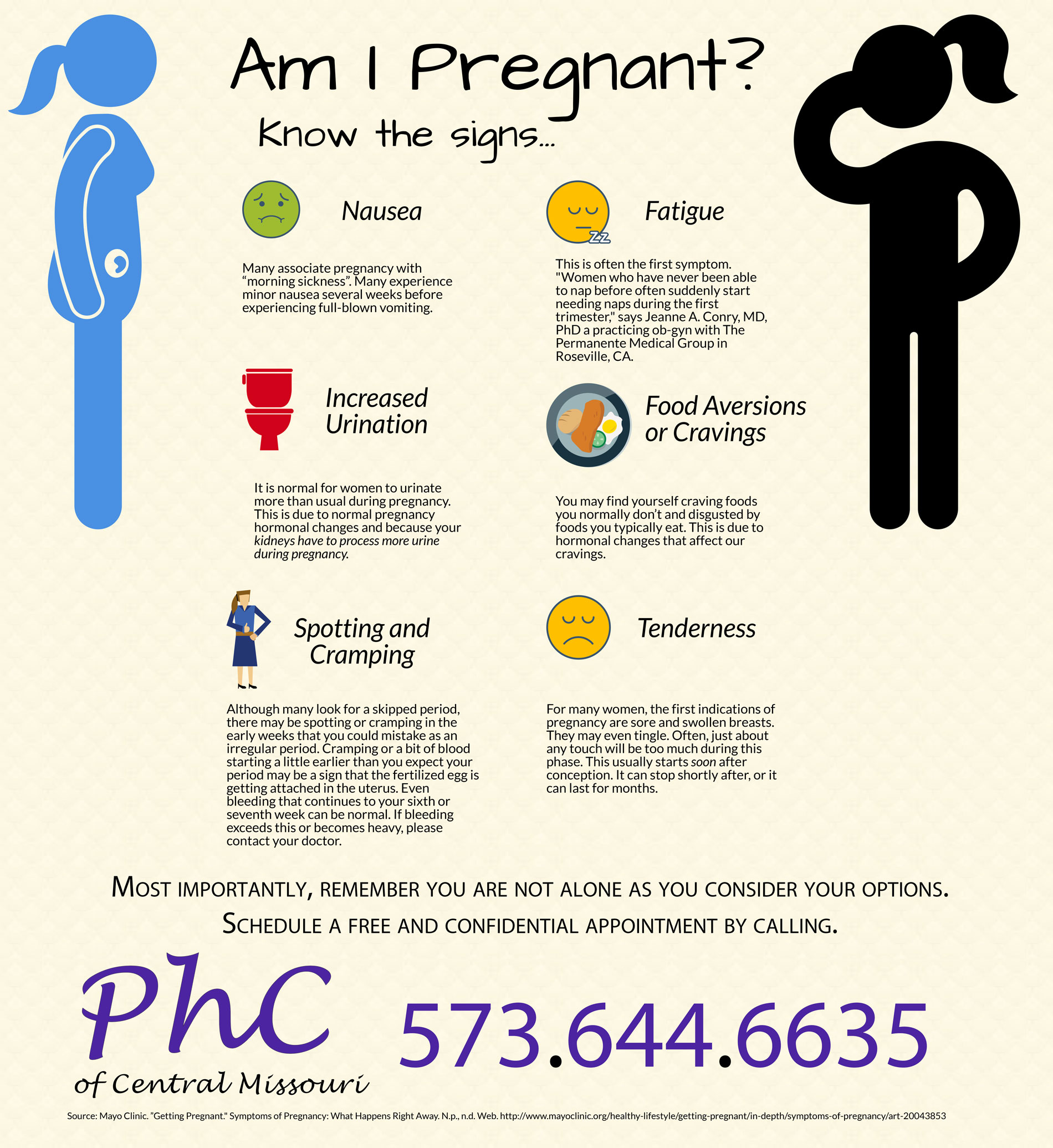
Pregnancy Symptoms: A Comprehensive Guide
Pregnancy is a transformative journey marked by a myriad of physical, emotional, and hormonal changes. As the fertilized egg implants in the uterus and the body prepares for the development of a new life, a range of symptoms can manifest, signaling the onset of this extraordinary experience.
Early Pregnancy Symptoms
- Missed period: One of the earliest and most common signs of pregnancy is the absence of a menstrual period. However, it’s important to note that missed periods can also be caused by other factors, such as stress, hormonal imbalances, or certain medications.
- Breast tenderness: The breasts may become swollen, tender, and sensitive to touch as early as a few days after conception. This is due to increased hormone levels, particularly estrogen and progesterone.
- Fatigue: Extreme fatigue is a hallmark symptom of early pregnancy, often setting in within the first few weeks. This is caused by the body’s increased production of progesterone, which can lead to drowsiness.
- Nausea and vomiting: Commonly known as morning sickness, nausea and vomiting typically begin around the sixth week of pregnancy and can persist throughout the first trimester. It’s thought to be caused by rising hormone levels and increased sensitivity to smells.
- Frequent urination: As the uterus expands, it can put pressure on the bladder, leading to more frequent urination. This symptom usually becomes more pronounced as the pregnancy progresses.
- Mood swings: Pregnancy can trigger a roller coaster of emotions, with sudden shifts between happiness, sadness, irritability, and anxiety. This is due to the hormonal fluctuations that accompany pregnancy.
- Light bleeding or spotting: Some women experience light bleeding or spotting during the early stages of pregnancy, which is often referred to as implantation bleeding. This occurs when the fertilized egg implants in the uterine lining.
Mid-Pregnancy Symptoms
- Abdominal bloating: As the uterus grows, it can cause the abdomen to become bloated and distended. This is usually accompanied by increased gas and constipation.
- Back pain: The expanding uterus and the hormonal changes of pregnancy can lead to back pain, particularly in the lower back.
- Increased appetite: Many women experience an increased appetite during pregnancy, especially in the second trimester. This is due to the increased nutritional needs of the growing baby.
- Weight gain: Weight gain is a normal part of pregnancy, with most women gaining between 25 and 35 pounds. The weight gain is primarily due to the growth of the baby, the placenta, and the increased fluid volume.
- Skin changes: Pregnancy can cause a variety of skin changes, including increased pigmentation, stretch marks, and acne. These changes are usually temporary and resolve after delivery.
- Varicose veins: The increased blood volume during pregnancy can lead to the development of varicose veins, which are swollen and enlarged veins that can occur in the legs, feet, and vulva.
- Hemorrhoids: Hemorrhoids are swollen and inflamed veins in the rectum or anus. They can be caused by the increased pressure on the pelvic area during pregnancy.
Late Pregnancy Symptoms
- Braxton Hicks contractions: These are irregular and painless contractions that occur in the third trimester. They are often referred to as "false labor" and are the body’s way of preparing for labor.
- Pelvic pressure: As the baby descends into the pelvis, it can put pressure on the pelvic floor muscles, causing discomfort and a feeling of heaviness.
- Swelling: Swelling in the hands, feet, and ankles is common in late pregnancy. This is due to increased fluid retention and the pressure of the uterus on the veins.
- Insomnia: Difficulty sleeping is a common complaint in late pregnancy, often caused by physical discomfort, frequent urination, and anxiety about labor.
- Leaking breasts: Some women experience leaking breasts during the third trimester, which is a sign that the body is preparing for breastfeeding.
Other Pregnancy Symptoms
- Constipation: The hormonal changes of pregnancy can slow down digestion, leading to constipation.
- Heartburn: The growing uterus can put pressure on the stomach, causing heartburn and indigestion.
- Dizziness: Pregnancy can cause dizziness due to changes in blood pressure and blood sugar levels.
- Headaches: Headaches are a common complaint during pregnancy, especially in the first and third trimesters.
- Cravings and aversions: Many women experience unusual cravings and aversions to certain foods during pregnancy. This is thought to be caused by hormonal changes and the body’s increased nutritional needs.
When to Seek Medical Attention
While most pregnancy symptoms are normal and expected, it’s important to seek medical attention if you experience any of the following:
- Severe abdominal pain
- Vaginal bleeding
- Fever
- Chills
- Difficulty breathing
- Persistent vomiting
- Sudden swelling in the hands, feet, or face
- Vision changes
- Severe headaches
These symptoms can indicate a serious medical condition that requires prompt medical intervention.
Conclusion
Pregnancy is a remarkable journey that can bring a range of physical, emotional, and hormonal changes. By understanding the common symptoms of pregnancy, women can better navigate this transformative experience and seek appropriate medical care when necessary. Remember, every pregnancy is unique, and the symptoms and their severity can vary from woman to woman.